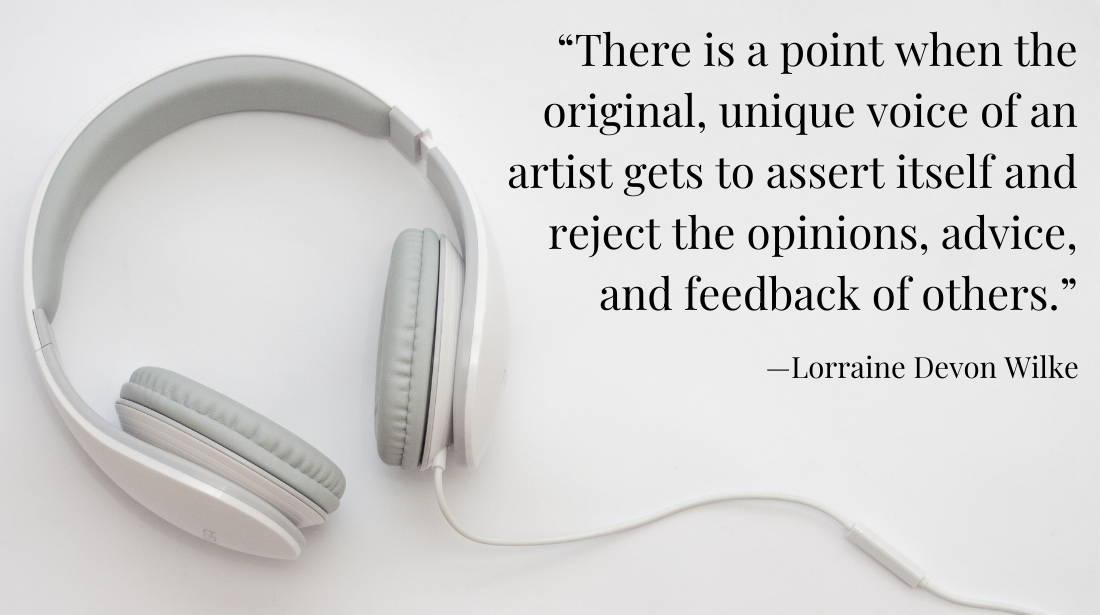How to Research Your Novel
Just because you’re writing fiction, it doesn’t give you license to make everything up. Well, okay, so maybe it does. It’s your story, you can do whatever you want. But,…
Just because you’re writing fiction, it doesn’t give you license to make everything up.
Well, okay, so maybe it does. It’s your story, you can do whatever you want. But, let’s say you want someone to actually read it. Now, things are a little different. You want to write a story that will draw readers in—that will engage them. We’re talking about writing realistic fiction or fiction that is at least entertaining enough that the reader will be willing to suspend disbelief. There’s a word for that true-to-life feeling that a story can have—one that writers often throw around when they’re trying to sound smart and writerly: verisimilitude. And that’s what you want. So how do you accomplish that? How do you write a story that feels real to the reader? Well, you employ another, less impressive word: RESEARCH.
Research for fiction writers
Research is a word that fills many creative writers with dread. But unless you want people reading your story to roll their eyes and say “that would never happen,” then it pays to do your due diligence.
There are plenty of ways to research your novel including the following:
• Using the internet (obviously the quickest and most painless way)
• Visiting the library (ah, check you out…the old school approach)
• Traveling to locations where your story will take place (a bold move there Hemingway, you sure you’ve got the moxy?)
• Interviewing people who know about the things you are writing about (now you’re just getting crazy)
How does research make for realistic fiction writing?
Personally, I recommend using a combined approach where you employ all of the techniques mentioned above. Doing so allows you to inject detail into your work—nuances that someone might not know unless they’ve been somewhere, eaten the food there, and talked to the locals. Whether your reader has been to your story’s locale or not, I guarantee you that such details will still make your story seem more real for her.
Now, I know there are many writers who would rather take a bullet from their own antagonist’s gun (let’s say it’s a .44 caliber slug from a Smith & Wesson Model 29—that’s Dirty Harry’s gun... I researched it) than go out and actually talk to people. But, I still recommend doing so. In fact, here’s a helpful article by novelist Steven Harper Piziks, author of Writing the Paranormal Novel, on interviewing tips and techniques to use when writing fiction.
No matter what you do, make sure you check out the facts behind your subjects, characters, settings, etc. As cliché as it was, my aforementioned gun became more real when I gave you a few extra details—and your fiction should do the same.
Scott Francis is a former editor and author of Writer's Digest Books.








